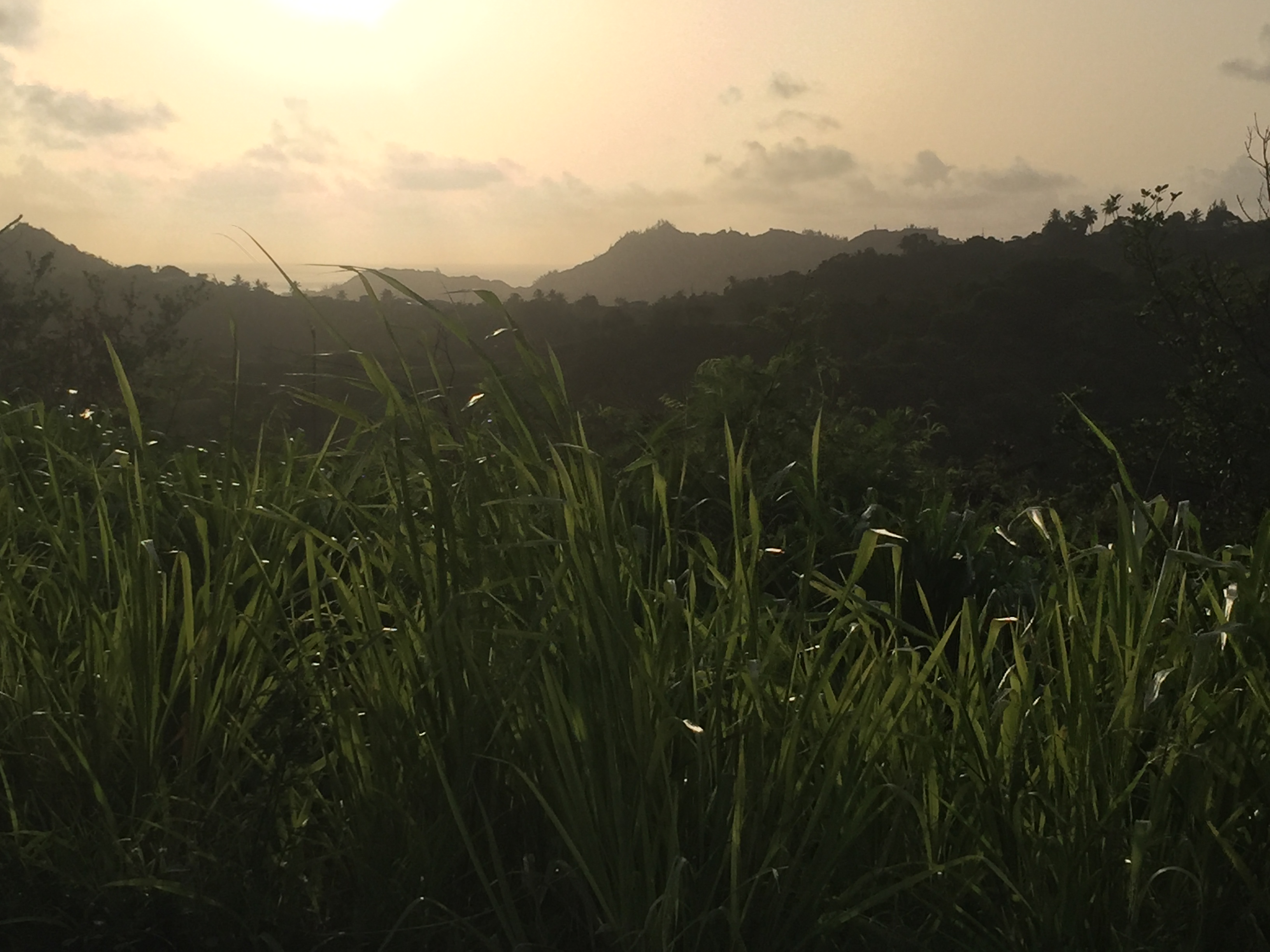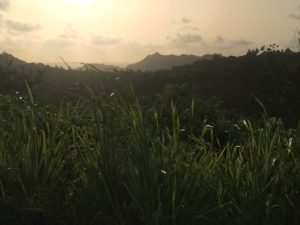They say it’s not what you know but who you know that counts.
Neither idea could be further from the truth … depending on what you hope to achieve.
What you know might get you where you want to go … all else being equal.
Who you know might get you there faster … if good friends and fortune show their favour.
But what you do with what you know is what’ll keep you there … if it’s success you’re really after.
A Special Kind of Knowing
This last type of knowing is what some scholars call wisdom.
There are those who seem to have this special kind of knowing, a knack for seeing beneath the surface to make smart enterprising decisions.
Wisdom can come with education, although it doesn’t necessarily follow. I’ve met educated people who say and do really dumb stuff. Education is no inoculation against idiocy.
I believe wisdom begins with having had the right experiences to prepare us to navigate the increasingly complex layers of life.
But there’s something more to wisdom that’s not so easy to define.
Yes, it’s knowing what to do with what we know.
Yes, it’s seeing beneath the surface of things.
Yes, it’s education and training.
Yes, it’s experience.
The Ethics of Wisdom
But there’s also an ethical element to wisdom that transcends data, information, and knowledge. It recognises and honours the humanity in others. It operates beyond naked self-interest. It understands the power of relationships, the interconnectedness of people and things, and the consequences of action and inaction.
Wisdom makes room for people to do good while doing well. It doesn’t go it alone, but knows how to pick the right partners, gather the best resources, and make the most strategic choices to achieve desired outcomes.
In Perception is Reality, I suggest that our level of awareness affects what we see and how we process it. What we see is shaped by what we know as much as by what we don’t. In a complex, dynamic world, we must learn to look beneath the surface to the substance if we are to make the connections that create lasting value.
In Why Values Matter, I also point out that Caribbean people are steeped in a dehumanising plantation culture whose belief system and the behaviours it provokes live on. If we’re going to transform our societies for the better, technology alone can’t do it. We must master the art of transforming ourselves. The only way to do that is to embody empowering values that show we are not who we used to be.
Training for the 21st Century
But in order to look beneath the surface and master the art of transforming ourselves, we have to learn how to learn, unlearn and relearn in a dynamic, multicultural, multiethnic world.
Training for the 21st century requires customised solutions that teach people how to learn quickly and adapt in intelligent ways. Equally important is continuous coaching and mentorship that involves hands-on engagement designed to guide people and teams through the complexities of innovating in highly demanding technology-driven environments.
As Eric Hoffer once said, “In times of change, learners inherit the Earth, while the learned find themselves beautifully equipped to deal with a world that no longer exists.”
The illiterate in the 21st Century will not be those who can’t read or write but those who cannot learn, unlearn and relearn. – Alvin Toffler




